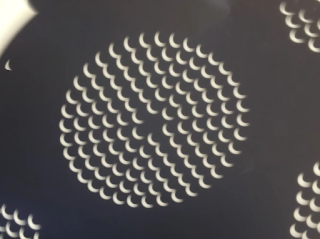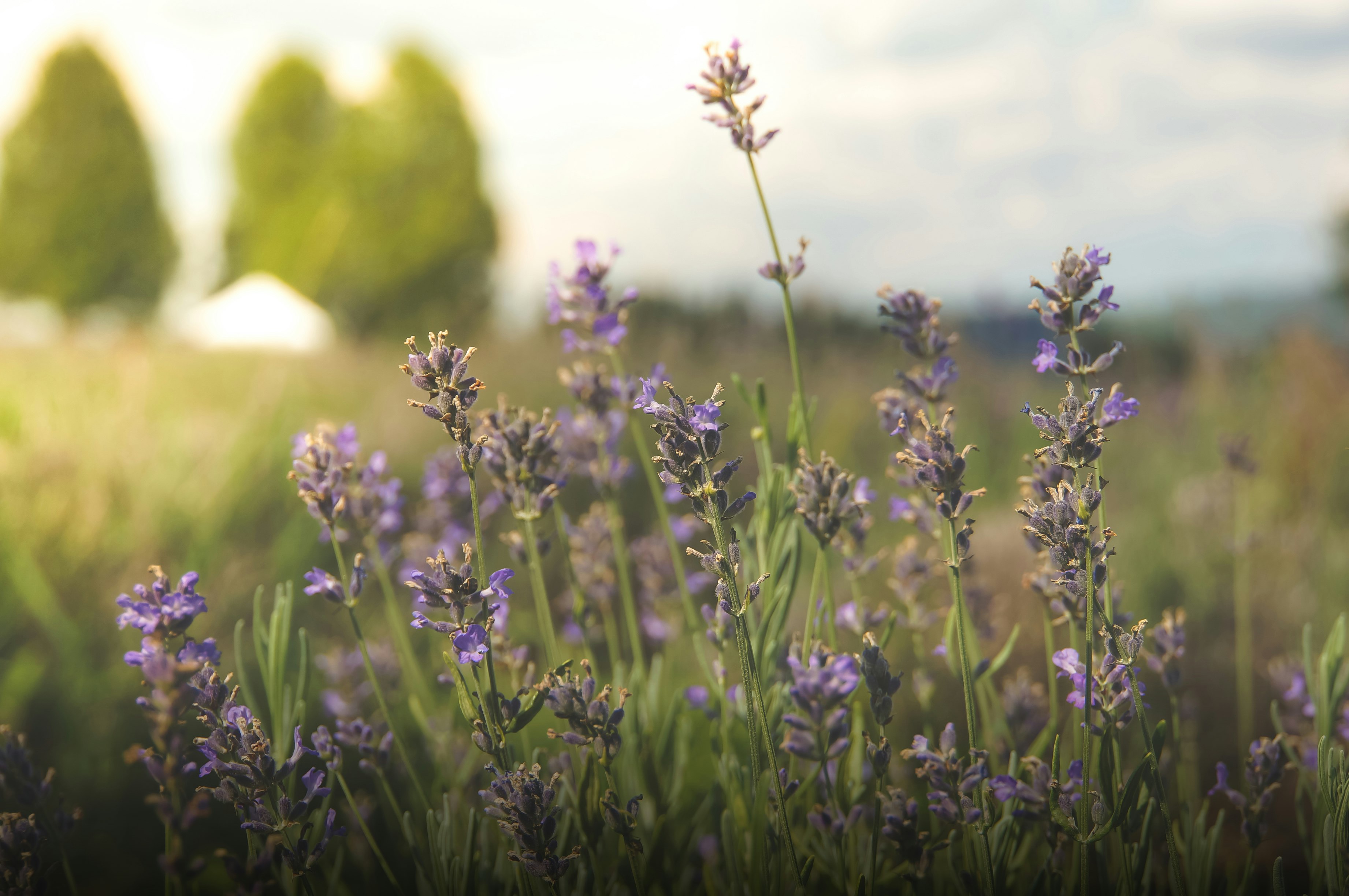Tree At My Window
by Robert Frost
Tree at my window, window tree,
My sash is lowered when night comes on;
But let there never be curtain drawn
Between you and me.
Vague dream head lifted out of the ground,
And thing next most diffuse to cloud,
Not all your light tongues talking aloud
Could be profound.
But tree, I have seen you taken and tossed,
And if you have seen me when I slept,
You have seen me when I was taken and swept
And all but lost.
That day she put our heads together,
Fate had her imagination about her,
Your head so much concerned with outer,
Mine with inner, weather.
Tree at my window, window tree,
My sash is lowered when night comes on;
But let there never be curtain drawn
Between you and me.
Vague dream head lifted out of the ground,
And thing next most diffuse to cloud,
Not all your light tongues talking aloud
Could be profound.
But tree, I have seen you taken and tossed,
And if you have seen me when I slept,
You have seen me when I was taken and swept
And all but lost.
That day she put our heads together,
Fate had her imagination about her,
Your head so much concerned with outer,
Mine with inner, weather.
The picture above is not the tree at my window, but it is the first tree I've seen in full bloom this spring. I wish you could have been there to see the cloud of bees buzzing hungrily amongst the blossoms.
There was a crabapple tree outside my window growing up, and I memorized "Tree at My Window" in high school as a tribute to her. I need to re-memorize it. Maybe this could be my new hand-washing poem. I've been using "Loveliest of Trees the Cherry Now" and "Barter." My "playlist" could use some variety.
My real reason for sharing this poem is that today is Robert Frost's birthday. And amazingly, though I've shared MANY of my Robert Frost favorites over the years (some, multiple times), I've never shared this one. It was the phrase "outside my window" in this Incidental Comics that reminded me of "Tree at My Window." (The comic also made tears spring to my eyes and his comments about the comic validated my NPM theme...more on that later.) Robert Frost's poems are wise and timeless. Here's to the all the best we humans have and will make, and here's to the things upon which we can rely, like Spring and Poetry Friday. Tabatha has the Poetry Friday Roundup this week at The Opposite of Indifference.










